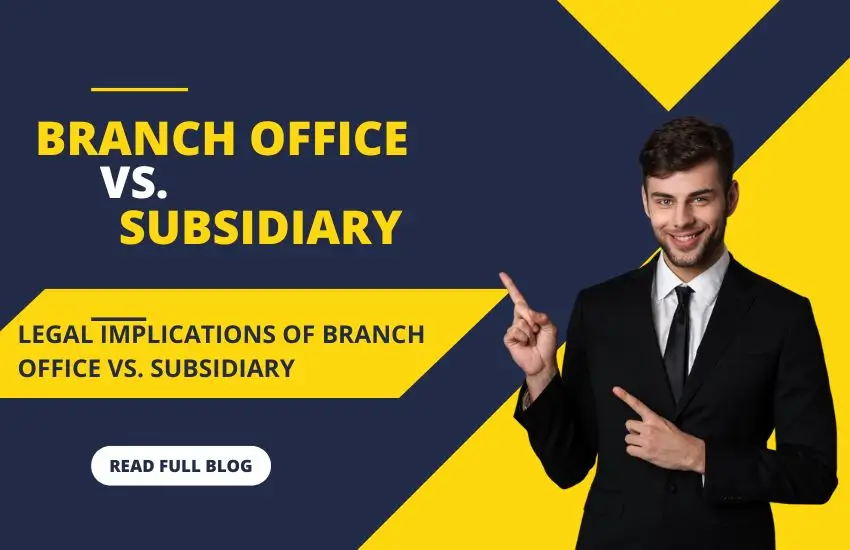Right of First Offer (ROFO) Definition and How It Works

Forex Risk Management: Protect Your Investments
September 11, 2024
How to Become a Real Estate Agent: A Step-by-Step Guide
September 13, 2024Introduction to the Right of First Offer
The Right of First Offer (ROFO) is a powerful contractual right often used in real estate and business transactions. It allows one party to make the first offer on a property or asset before the owner offers it to anyone else. This right can provide strategic advantages to both buyers and sellers, allowing them to negotiate in a less competitive environment.
Table of Contents
Understanding the Concept
Basic Definition and Explanation
At its core, the Right of First Offer is a preemptive right that allows a potential buyer to make an initial bid on an asset before it is listed or offered to others. This right can be beneficial in situations where the buyer wants to secure a specific property or asset without facing competition from the open market.
Key Differences Between Right of First Offer and Right of First Refusal
While often confused with the Right of First Refusal (ROFR), the Right of First Offer is distinct in several ways:
- Right of First Offer (ROFO): The potential buyer is invited to make the first offer before the seller can market the property to other potential buyers.
- Right of First Refusal (ROFR): The holder has the right to match any offer the seller receives from another buyer.
How the Right of First Offer Works
Steps Involved in the Right of First Offer Process
- Notification: The seller notifies the holder of the ROFO that they intend to sell the asset.
- Offer Period: The holder is given a set period to make an offer.
- Negotiation: The parties negotiate based on the initial offer.
- Sale or Open Market: If no agreement is reached, the seller can then offer the asset on the open market.
Legal Considerations and Terms
Contracts for the Right of First Offer must outline the terms clearly, including:
- Duration of the offer period
- Conditions for acceptance or rejection
- Penalties for non-compliance
Examples of Right of First Offer in Practice
Case Studies in Real Estate
Consider a commercial property owner who has granted a ROFO to a tenant. Before listing the property for sale, the owner must first offer it to the tenant, allowing them the chance to purchase it under specified terms.
Use in Business Agreements
In mergers and acquisitions, companies may use ROFO to secure assets like intellectual property or machinery before competitors can bid.
Pros of Having a Right of First Offer
Benefits for Sellers
- Prevents Market Speculation: By dealing with a known entity first, sellers can avoid unnecessary market volatility.
- Streamlined Process: Reduces the complexity of dealing with multiple offers.
Benefits for Buyers
- Secured Opportunity: Provides a chance to purchase an asset without entering a bidding war.
- Negotiating Power: Buyers can negotiate directly with the seller before others get involved.
Cons of the Right of First Offer
Limitations for Sellers
- Restricted Buyer Pool: Limits the seller’s ability to market the asset widely and potentially get a higher price.
- Lengthier Process: May prolong the sale process if negotiations are drawn out.
Challenges for Buyers
- Pressure to Make Quick Decisions: Buyers need to act swiftly, often with limited information.
- Potential for Higher Initial Offers: Knowing they have the first shot, sellers might set higher expectations.
When to Use a Right of First Offer
Situations Favorable for Its Use
- Close Relationships: When there is an existing relationship between the buyer and seller, such as a tenant and landlord.
- Strategic Transactions: In scenarios where both parties want to keep negotiations private and low-key.
Industries and Contexts Where It’s Common
- Real Estate: Particularly in commercial and residential property transactions.
- Business Deals: Often used in mergers, acquisitions, and joint ventures.
Negotiating the Right of First Offer
Tips for Buyers
- Understand the Market Value: Have a good grasp of what the asset is worth before making an offer.
- Prepare for Quick Action: Be ready to negotiate and close swiftly.
Tips for Sellers
- Set Clear Terms: Ensure the contract is specific about timelines, conditions, and penalties.
- Leverage Market Knowledge: Use understanding of market trends to set realistic expectations.
Legal Implications and Challenges
Common Legal Pitfalls
- Ambiguity in Contracts: Vague terms can lead to disputes and legal battles.
- Failure to Comply: Breaching the terms can result in lawsuits or penalties.
How to Avoid Legal Disputes
- Consult with Legal Experts: Always draft ROFO agreements with the help of qualified legal professionals.
- Ensure Clarity and Specificity: Clearly outline the terms, timelines, and conditions in the contract.
Comparing the Right of First Offer to Other Contractual Rights
Differences Between ROFO, ROFR, and Options to Purchase
- Right of First Refusal (ROFR): Allows the holder to match any offer.
- Option to Purchase: Gives the holder the right to buy at a predetermined price and time.
How These Rights Affect Market Dynamics
Each of these rights influences the market differently, affecting the sale strategy, pricing, and buyer interest.
Drafting a Right of First Offer Agreement
Key Clauses to Include
- Offer Period: Duration within which the offer must be made.
- Terms of Payment: How the payment will be structured.
- Conditions for Rejection: What happens if the offer is not accepted?
How to Customize for Specific Situations
Every situation is unique; tailor the clauses based on the nature of the transaction, the asset, and the relationship between the parties.
Real-Life Scenarios: Right of First Offer in Action
Success Stories
Many successful real estate transactions and business deals have leveraged ROFO to avoid market uncertainty and foster better relations between parties.
Situations Where It Backfired
There are also cases where ROFO created conflicts, particularly when terms were not clearly defined or one party acted in bad faith.
How to Enforce a Right of First Offer
Legal Enforcement
Enforcement typically requires legal intervention if terms are breached. This could mean filing lawsuits or seeking damages.
What to Do If Terms Are Breached
If the seller does not comply, the buyer can take legal action to enforce the terms of the agreement or seek compensation.
Alternatives to the Right of First Offer
Understanding Other Legal Options
- Right of First Refusal
- Option to Purchase
- Call Options
Pros and Cons of Each
While ROFO offers a unique balance of flexibility and security, each alternative has its own set of benefits and drawbacks depending on the context.
Conclusion
The Right of First Offer can be a strategic tool for both buyers and sellers, providing opportunities for direct negotiation and preventing market uncertainties. However, it requires careful planning, clear terms, and proper legal guidance to be effective. Whether in real estate or business, understanding this right can help parties navigate complex transactions smoothly.
FAQs
- What is the difference between Right of First Offer and Right of First Refusal?
The Right of First Offer allows a buyer to make the first offer, while the Right of First Refusal allows the buyer to match any offer the seller receives from another buyer. - Can a Right of First Offer be waived?
Yes, a Right of First Offer can be waived if both parties agree to such a waiver in writing. - How enforceable is a Right of First Offer?
It is enforceable as long as it is clearly outlined in a legally binding contract. - How does the Right of First Offer impact property value?
It can potentially lower the property value if it restricts the seller from accessing a wider market. - Is a Right of First Offer agreement legally binding?
Yes, it is legally binding when properly drafted and signed by both parties.


